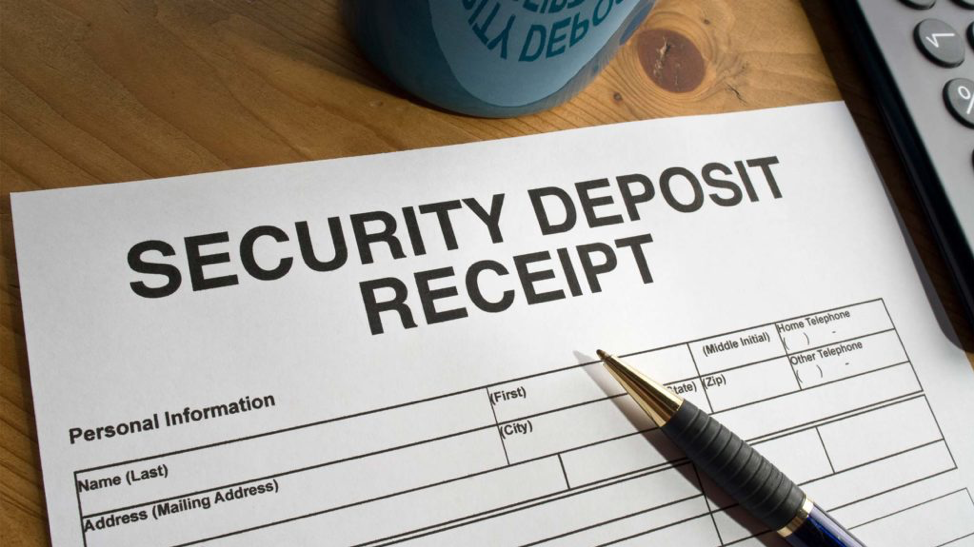By Amanda Maher
Anyone who has rented an apartment is probably familiar with the concept of a security deposit. Typically, the tenant pays the equivalent of one month’s rent to the landlord when signing a lease. This covers any incidental costs, damages or missed rent payments in the event of a lease default.
When leasing commercial real estate, it often comes as a surprise when the owner asks for a security deposit. Here’s what you need to know about commercial real estate security deposits.
What are security deposits used for?
As is the case in residential real estate, commercial real estate security deposits are typically held by the landlord to repair any damages caused during the tenancy – prior to the new tenants moving in. They are also used by landlords when trying to hedge against tenants who do not pay rent. If a tenant defaults on rent payments, the landlord will pull funds from the security deposit to maintain his income stream, at least for a period of time.
Security deposits in commercial real estate, unlike those in residential real estate, have very little regulation. This gives landlords the freedom to charge what they deem necessary, and to use the deposit as they see fit (even collecting interest on the payment).
Are security deposits refundable?
Typically, commercial real estate security deposits are fully refundable and cannot be used to repair normal wear and tear. If no damage occurred during the lease term and rent was paid on time, the landlord is expected to refund the entire deposit, usually within 30 days of the lease expiration.
How much do security deposits typically cost?
Cost wise, commercial real estate security deposits can run the gamut. It often depends on the tenant’s gross rent payments and factors such as TI allowance and tenant credit. Those with higher TI allowances tend to have higher security deposits because of the money the landlord is investing on the front end.
Creditworthiness definitely plays a factor into the amount collected as a security deposit. Established companies with strong financials and a proven history of on-time payments are usually faced with minimal security deposit requirements. It’s even possible for large, established multinational corporations to have security deposits waved altogether.
On the other hand, landlords tend to be warier of startup companies and small businesses, as these companies tend to have little or no credit history. Tenants who fall into this category can expect to pay higher security deposits due to their uncertain future.
Common Security Deposit Variables
Security deposit requirements can take a number of forms, so it is important to understand the terms included in the lease. A few of the most important various to outline in the lease are:
1) Reimbursement
2) Interest payments
3) Landlord usage
Let’s start with reimbursement. The timing and payment details for your reimbursement should be agreed upon in the lease.
Second, interest payments: If the security deposit is a significant amount, the tenant may request the landlord collect interest on the payment over the lifetime of the lease, and then reimburse the tenant his initial security deposit PLUS interest – with interest payments paid out either annually or at the end of the lease term.
Finally, landlord usage: The lease should outline the scope of the use the landlord has with the commercial real estate security deposit as it concerns non-lease related transactions. Outlining where the security deposit is kept and how it can be used will prevent disputes down the line.
Security deposits are increasingly a standard element in almost every commercial real estate lease, whether you’re looking to lease an industrial warehouse, office complex, or grocery-anchored retail center. It is one of the many elements of the lease contract that commercial real estate leasing brokers can help the parties negotiate.
To talk to a tenant representative about negotiating your commercial lease, contact us today.



